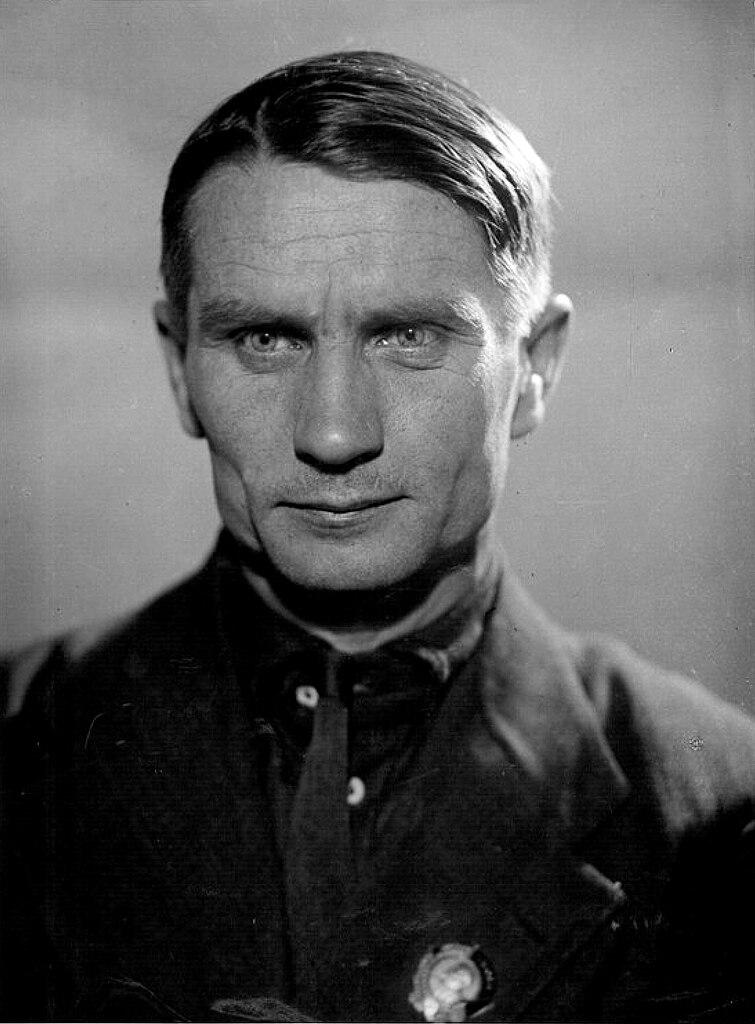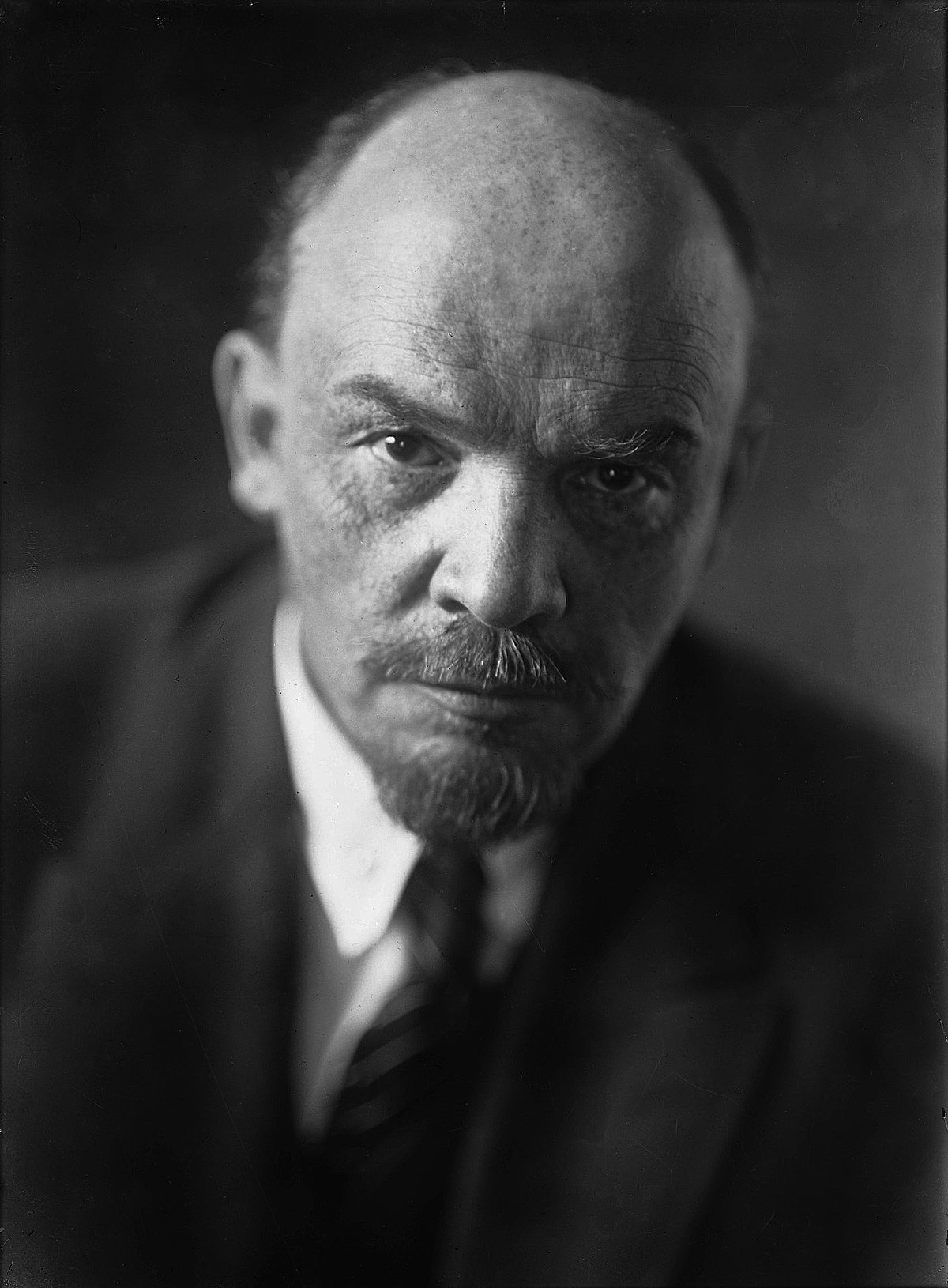File:Znak kachestva.svg UNION OF SOVIET SOCIALIST REPUBLICS File:Znak kachestva.svg
IntroductionThe Soviet Union, officially known as the Union of Soviet Socialist Republics (USSR), was a transnational union of Marxist–Leninist socialist states that existed in Eurasia from 1922 to 1991.
It was established in 1922 as a union of four socialist republics created after the 1917 October Revolution, namely the Russian SFSR, the Transcaucasian SFSR, the Ukrainian SSR and Byelorussian SSR. The years that followed saw the addition of the Uzbek and Tajik SSRs; the Transcaucasian SFSR was dissolved in 1936 in favor of the elevated SSRs of Georgia, Armenia and Azerbaijan. From 1956 to 1991, the union comprised 15 member republics, two of which had their own member seats at the United Nations. The USSR represented a groundbreaking political alternative for the working class as the first stable socialist state in history. This was remarkable especially in a time period where workers in the Western world were still struggling for basic union rights; the 1924 Soviet Constitution and the 1936 Soviet Constitution represented some of the most progressive political advancements in history. The Soviet Union developed under extreme pressure from capitalist states and global imperialism; during the Russian Civil War, starting from 1918, it suffered successive invasions by Britain, France, the United States, Japan, Poland, and several other minor European powers. Some of these interventions temporarily succeeded in overthrowing local soviets and installing anti-communist puppet regimes, although they were ultimately unsuccessful in preventing the founding of the Soviet Union. Barely two decades later, during World War II, the Nazi invasion represented the second imperialist war on the USSR, this time in the name of fascism. Although the fascists inflicted catastrophic damage on the western USSR and its population, the Red Army ultimately succeeded in repelling the Nazi forces and went on to play an integral role in the defeat of German Nazism in 1945. Despite these difficulties, the Soviet Union achieved some of the most impressive economic developments in modern history. Socialism transformed a country of illiterate and starving peasants into an industrial superpower with one of the fastest growing economies on Earth. The Soviet people were one of the world's best-educated and healthiest populations, responsible for some of history's most impressive industrial and scientific achievements to date. And it provided a very influential model for other later socialist projects in places such as China, Cuba and Vietnam. Starting from 1988, many SSRs seceded from the USSR before its illegal overthrow in 1991. Its past territory is now occupied by the successor states of Russia, Latvia, Lithuania, Estonia, Belarus, Ukraine, Pridnestrovie, Moldova, Georgia, Azerbaijan, Armenia, Artsakh, Abkhazia, South Ossetia, Kazakhstan, Uzbekistan, Turkmenistan, Tajikistan, and Kyrgyzstan. (Full article...)File:Symbol support vote.svg Recognized article - File:Cscr-featured.pngEntries here consist of Good and Featured articles, which meet a core set of high editorial standards.
 Trofim Denisovich Lysenko (29 September 1898 – 20 November 1976) was a Soviet biologist and epigeneticist. He studied legumes and cereals in order to expand the range where certain crops could be grown. His work was consistent with the discoveries of Darwin, Mendel, and Michurin and debunked August Weismann's claim that genes could only change by random mutations. In the 21st century, discoveries in epigenetics have shown that environmental factors such as nutrition and stress can switch genes on and off. (Full article...)Lua error in Module:Random_portal_component at line 82: attempt to call field 'number' (a nil value). Did you know... -Lua error in Module:Random_portal_component at line 82: attempt to call field 'number' (a nil value). WikiProjectsSelected biography -Vladimir Ilyich Ulyanov (22 April 1870 — 21 January 1924), better known as Vladimir Lenin, was a Russian revolutionary leader, political and economic theorist, philosopher and statesman. He was the main leader of the October Revolution, which led to the establishment of the Union of Soviet Socialist Republics, the first workers' and peasants' state. Lenin's main contribution to Marxist theory was his theory of imperialism, the domination of monopolies and cartels. In many of his works, he also contributed greatly to the development of a Marxist praxis, the strategy and tactics of the revolution, the Marxist theory of state, and the structuring of a proletarian organization through democratic centralism. (Full article...)General imagesThe following are images from various Soviet Union-related articles on Wikipedia.
Lua error in Module:Random_slideshow at line 38: attempt to call field 'main' (a nil value). Selected anniversaries for MayMore Did you know (auto generated)Lua error in Module:Selected_recent_additions at line 69: bad argument #1 to 'gmatch' (string expected, got nil). Related portalsRecognized contentMain topicsCategoriesThings you can doAssociated WikimediaUnion of Soviet Socialist Republics in the newsWikiproject Russia informationSourcesPage Template:Wikipedia's sister projects/styles.css has no content. Discover Wikipedia using portals
|
